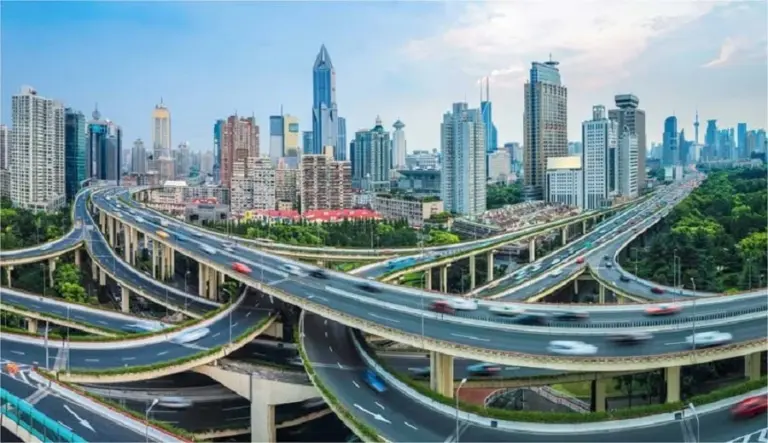Between 2023 and 2025, Nigeria embarked on a series of high-stakes economic reforms, yielding mixed results. The removal of fuel and exchange rate subsidies—while necessary for long-term stability—hit households hard, causing inflation to surge and business confidence to plummet.
Rising Inflation, Volatile Currency, and Policy Uncertainty
By January 2025, domestic inflation rose from 22.79% (June 2023) to 23.13%, after peaking at 34.80% in December 2024 before a CPI rebasing in 2025. The exchange rate jumped from N623.24/$ in mid-2023 to N1,501.45/$ in early 2025, while the CBN’s Monetary Policy Rate (MPR) skyrocketed from 18.5% to 27.5%.
These aggressive policy changes led to declining household welfare and weakened business confidence, leaving Nigerians uncertain about their economic future.
Signs of Recovery Amid Fragile Stability
Despite the harsh conditions, fiscal and monetary policies have started yielding some positive outcomes in Q1 2025:
Rebased inflation numbers show a decline, but this is largely due to changes in measurement methods rather than actual economic relief.
Exchange rate stability has improved as the gap between official and parallel market rates narrows.
However, political instability and governance challenges continue to threaten investor confidence and economic progress.
The Rivers State Crisis: A Political and Economic Risk
A major flashpoint is the political crisis in Rivers State, where President Bola Ahmed Tinubu’s administration declared a state of emergency. While framed as a security measure, it raises constitutional and governance concerns.
This intervention has unsettled foreign investors, who are wary of the government’s increasing control over the legislative and judicial systems. Respect for legal contracts, judicial integrity, and legislative independence remains critical for Nigeria’s ability to attract long-term foreign investment.
Lessons from History: A Cautionary Tale
The power struggle in Rivers State echoes past political crises that derailed Nigeria’s democratic progress—most notably in 1962, which led to military rule. Today’s political class must exercise restraint to prevent history from repeating itself.
“Wealth means power: the power to subdue, to crush, to exploit.” —Emma Goldman
The battle for control over resource-rich states like Rivers is a dangerous distraction from Nigeria’s real economic challenge: lifting 130 million Nigerians out of multidimensional poverty.
What Nigeria Needs Now
The government must shift focus from political power struggles to economic transformation by:
Strengthening democratic institutions and restoring investor confidence
Prioritizing poverty reduction and economic inclusion
Creating a future-ready economy that positions Nigeria as Africa’s leading nation
The Path Forward
Nigeria’s Renewed Hope Agenda must go beyond politics and deliver real economic progress. The true measure of success will not be in political dominance but in how many Nigerians escape poverty.
This is the mandate the nation stands on!

